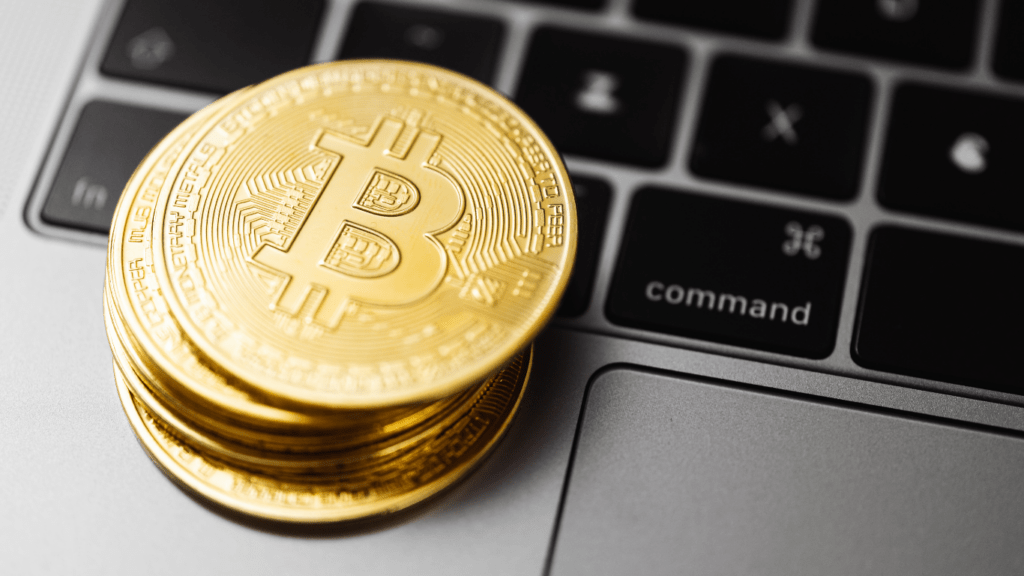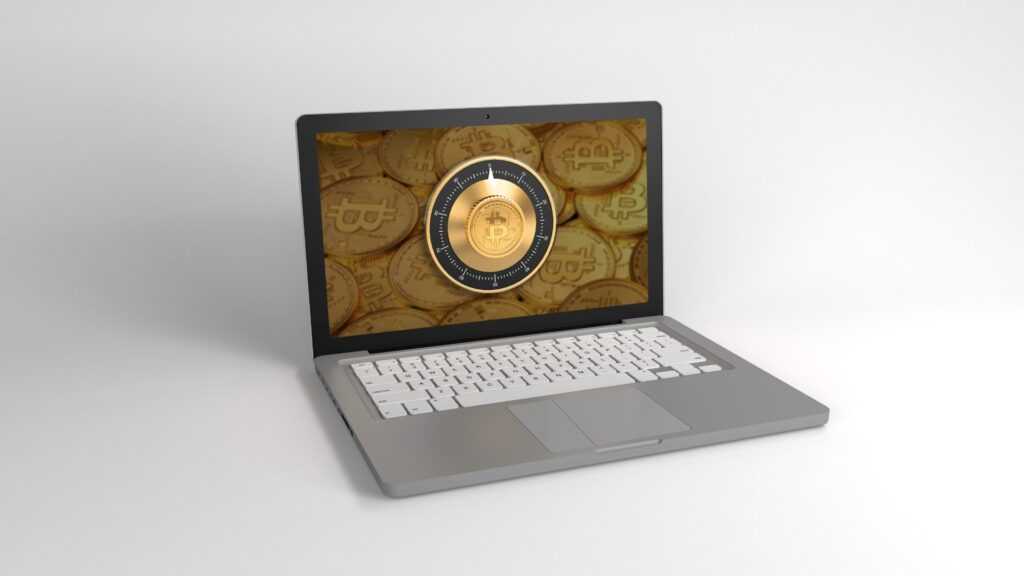Understanding Crypto Wallets
With cryptocurrency becoming mainstream, understanding crypto wallets is essential.
What Is a Crypto Wallet?
A crypto wallet stores digital assets like Bitcoin and Ethereum. It’s not just a storage device; it also facilitates transactions and monitors balances.
Unlike traditional wallets, crypto wallets don’t hold physical currency. They store public and private keys, acting as the bridge to access blockchain networks.
Types of Crypto Wallets
Crypto wallets come in various forms, each with distinct features.
- Hardware Wallets: Physical devices that store keys offline. They’re immune to online threats but can be lost or damaged.
- Paper Wallets: Printed sheets containing keys. While they offer offline security, they’re vulnerable to physical damage.
- Desktop Wallets: Software installed on computers. They offer robust security but aren’t as portable.
- Mobile Wallets: Apps on smartphones. Convenient for on-the-go use but less secure than offline options.
- Web Wallets: Online platforms. They offer easy access but depend on third-party security.
Mobile Crypto Wallets
Mobile crypto wallets offer the convenience of accessing your digital assets on the go. These wallets have specific advantages and drawbacks that can significantly impact your experience in managing cryptocurrencies.
Pros of Mobile Crypto Wallets
- Accessibility: Mobile wallets let users manage their cryptocurrencies anytime, anywhere. For instance, one can send or receive crypto payments during travel or while away from a desktop.
- User-Friendly Interface: Most mobile wallets have intuitive designs, simplifying transactions for both beginners and seasoned users.
- Integration: Many mobile wallets seamlessly integrate with other apps and services. Users can pay for goods, services, and participate in decentralized finance (DeFi) directly from their mobile devices.
- Security Features: Some mobile wallets offer robust security measures like biometric authentication. For instance, features like fingerprint or facial recognition add an extra layer of protection.
- Risk of Device Loss or Theft: Mobile crypto wallets are more susceptible to physical threats. If a device is lost or stolen, securing the wallet quickly becomes paramount to prevent unauthorized access.
- Malware and Phishing Attacks: Mobile devices can be targets for malware or phishing attempts. Users must exercise caution when downloading wallet apps to avoid malicious software.
- Dependence on the Internet: Mobile wallets require an internet connection for most functionalities. Network issues can interrupt access or transactions, posing a challenge during times of connectivity problems.
- Storage Limitations: Mobile devices have limited storage, which can affect the performance and capacity of the wallet. Users with many different cryptocurrencies might find this constraint limiting.
By weighing these pros and cons, readers can make informed decisions on whether mobile crypto wallets suit their needs. Each user’s requirements and usage patterns will determine the best option for their cryptocurrency management.
Desktop Crypto Wallets

Desktop crypto wallets offer robust security features for managing digital assets. Understanding their pros and cons helps in making an informed decision.
Pros of Desktop Crypto Wallets
- Enhanced Security
Desktop wallets, when installed on a secure computer, provide excellent protection. They store private keys locally, reducing exposure to online vulnerabilities. - Advanced Features
Many desktop wallets offer advanced functionalities. Examples include multi-signature options and integration with hardware wallets, catering to experienced users. - Control Over Funds
Users maintain full control over their private keys. This means they aren’t reliant on third-party services, which enhances autonomy over funds. - Broad Compatibility
Desktop wallets support a wide range of cryptocurrencies. This makes them suitable for users managing multiple assets.
- Accessibility Limitations
Desktop wallets are less convenient for on-the-go transactions. Users must access their computers to manage funds, limiting mobility. - Risk of Physical Damage
Computers can be susceptible to hardware malfunctions or damage. This can result in potential loss of access to the wallet if backups aren’t maintained. - Complex Setup
Setting up a desktop wallet can be more complex compared to mobile alternatives. Users might need technical knowledge to install and secure the wallet. - Vulnerable to Malware
Computers, if not properly secured, can fall victim to malware attacks. This necessitates strong security measures to protect the wallet.
Desktop crypto wallets remain a popular choice for users prioritizing security and advanced features despite their limitations in accessibility and susceptibility to physical damage or malware.
Comparing Security Features
When determining the best cryptocurrency wallet, examining security features is crucial. Both mobile and desktop wallets provide unique advantages and drawbacks.
Mobile Wallet Security
Mobile wallets offer convenience but bring specific security challenges. Anti-malware software can help reduce the risk of malware. Two-factor authentication (2FA) adds a layer of protection against unauthorized access.
Encrypted private keys ensure data remains protected. Users must avoid downloading unauthorized apps that may contain malware. Regular updates keep software current and secure. Experts often recommend biometric authentication features for added security.
Desktop Wallet Security
Desktop wallets excel in delivering robust security for cryptocurrency assets. Encryption safeguards the wallet data. Firewalls help locate and eliminate external threats.
Multi-signature support enhances transaction security by requiring multiple approvals. Monitor devices regularly for signs of malware or viruses. Utilize hot and cold storage strategies to separate frequently used coins from long-term holdings.
Always ensure the operating system and software are updated with the latest security patches for optimal protection.
Accessibility and Convenience
User experience matters when choosing between mobile and desktop crypto wallets. Each offers distinct advantages depending on your needs and lifestyle.
Mobile Wallet Convenience
Mobile wallets provide unparalleled flexibility. I can access my funds anytime, anywhere, as long as I have my phone.
These wallets often integrate with various applications for seamless transactions, and their user-friendly interfaces make managing cryptocurrency effortless for beginners.
Notifications keep me updated on transactions and market movements in real-time. If convenience is a top priority, mobile wallets excel in offering quick, on-the-go access without requiring a laptop or PC.
Desktop Wallet Accessibility
Desktop wallets offer robust features designed for extensive management and security. I prefer desktop wallets when handling large crypto assets in a controlled environment.
Their comprehensive interfaces display detailed transaction histories and in-depth analytics, which prove invaluable for advanced users. Even though they’re tethered to a computer, desktop wallets provide enhanced accessibility for sophisticated financial tasks.
They support broader functionalities and can integrate with hardware wallets for an extra security layer. If detailed oversight and advanced features are essential, desktop wallets provide superior accessibility in a secure setting.
Future Trends in Crypto Wallets
The crypto wallet landscape is evolving rapidly. Both mobile and desktop wallets constantly integrate new features to enhance user experience and security.
Innovations in Mobile Wallets
Innovative mobile wallets leverage advancements in biometric authentication, like facial recognition and fingerprint scanning, to enhance security and user convenience.
More wallets are incorporating decentralized finance (DeFi) capabilities, enabling users to engage in activities like staking, lending, and earning interest directly from their mobile devices.
Wallets are also embracing multi-chain support, allowing users to manage multiple types of cryptocurrencies and tokens within one platform. Enhanced user interfaces focus on simplicity and accessibility, aiming to attract both seasoned users and newcomers to the crypto space.
Developments in Desktop Wallets
Desktop wallets are integrating more advanced features tailored for power users. Enhanced security measures, such as hardware wallet integrations and multi-signature support, offer heightened protection for large crypto holdings.
Improved synchronization with blockchain networks ensures faster and more reliable transactions. Some desktop wallets include built-in exchanges, allowing users to trade cryptocurrencies without leaving the wallet interface.
Comprehensive portfolio management tools provide detailed analytics and insights, helping users make informed decisions about their crypto investments. Regular software updates ensure continuous improvement and adaptation to the evolving crypto landscape.






